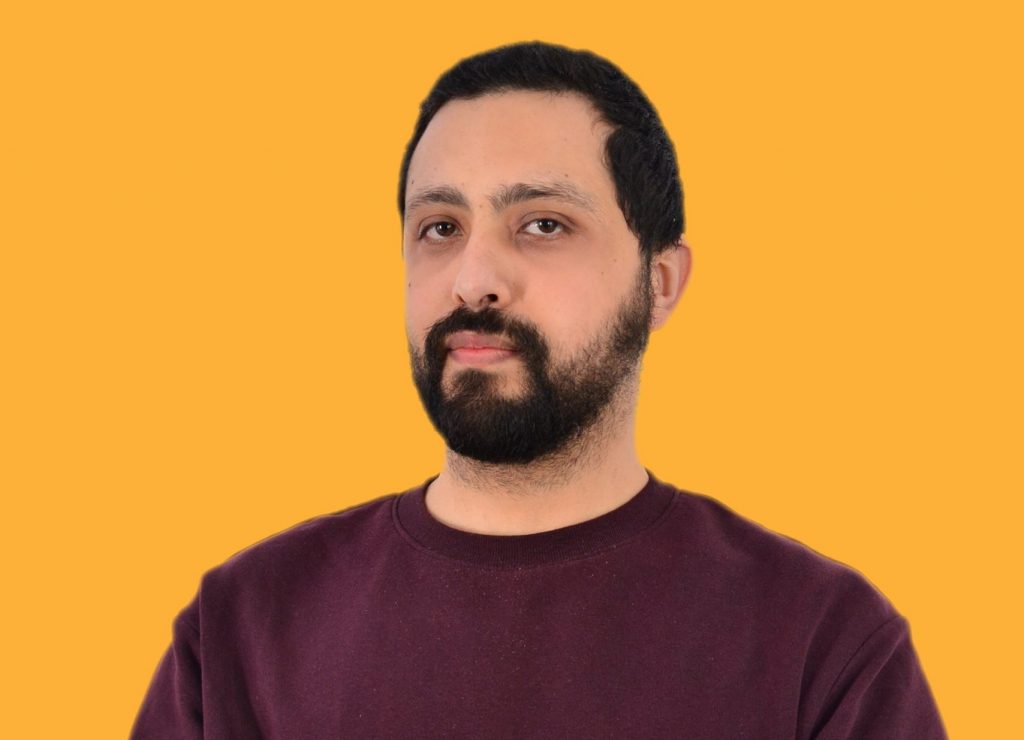How Robots in Tunisia Are Helping Young African Girls get into STEM
It has been predicted that by the next decade, more than 50% of all jobs around the world will be STEM-based (Science, Technology, Engineering and Mathematics). Newsflash: It’s already happening! In the midst of lockdowns and social distancing brought on by the pandemic, we all relied exclusively on technology to stay connected to our employers, colleagues, associates and loved ones. Health-care workers continue to remain at the forefronts, supporting and caring for millions, while scientists are hard at work testing, finalising and rolling out vaccinations for public use.
Indeed, if the pandemic has taught us anything, it is that the future is undoubtedly stem-based and it’s imperative that the future generation prioritise and lean into STEM education.
Meet 2019 TEF Entrepreneur from Tunisia, Haythem Dabbabi, whoin this interview, shares how his company, Evocraft, is helping young children and adults become more familiar with STEM, robotics and software programming using fun non-traditional approaches. So far, they have taught and impacted over 200 children.
On changes made so far since the start of Evocraft:
It was a huge change for us going through the Tony Elumelu Foundation Entrepreneurship Programme. Before the programme, we just had a concept, which was just finding the robot, but during the programme, we found multiple services to explore with the robot itself. The TEF seed capital combined with the very important advice from the training helped us implement these new additions.
As a result of the TEF coaching, we have also made significant changes to our business model and operations – This has helped us essentially expand to more schools and sell more robots everywhere.
Our future plans include expanding more on the national territory, to reach more schools.
On what motivates and drives him
I will say in a nutshell, seeing the change across Africa that we are driving using the robots. Because, what drove me to start creating robots in Africa was seeing developed countries use certain technologies for children, and I wondered why we did not have such in our own countries.
I saw the potential in our countries and after I started, I saw how much really changed and the opportunities it gave to those kids. It initially started like that but now, it’s like my purpose in life is to help other people’s development skills.
On key elements for starting and running a successful business
Understanding your customers’ needs, that’s the most important and the key that will help you succeed in your business.
Once you understand what your customers really need, and you meet that need with your product or service, you will be successful.
On who inspires him
Elon Musk. He has very crazy ideas and when he tells people he would do something, he would do it! And, that’s a very important thing.
On the most rewarding part of running his business
The passion. Waking up in the morning and really having fun every day.
How he encountered TEF
I found the TEF page on Facebook and started reading about it and I applied and gladly I was accepted, and it helped us a lot to grow.
On Support received
We usually were focused on the technical aspects more than the commercial arm of the business and that changed a lot during the TEF Programme. At the programme, we got a lot of ideas and perspectives we weren’t thinking about before.
On what he hopes to see happen soon for small businesses in his country
Taxes. If you are working in the technology field, you would need to pay a lot of taxes. We usually don’t have a culture of working on technology products in our country and we are just starting now, so some rules need to be adjusted for people like us. One of those is taxation, especially in my country.
Advice to other entrepreneurs who are just starting out
I would say believe in yourself, even when other people don’t believe in that project.
I know a lot of entrepreneurs that have started a project, and in the middle of that project, they keep hearing it’s not going to work. Once they abandon that project, they see other people working on the same project and succeed.
You don’t want to hear “people”, you want to hear your customers and the market. If the market refuses it, you need to change something. If the market accepts, it is telling you that you need to work hard on it.
Current Project(s)
Right now, we are working on something called TechBus.
It’s an initiative where the Techbus goes to rural areas to teach kids about software development and programming. We are focusing a lot on teaching STEM to girls in those regions because a lot of girls in there, don’t finish schooling.
We discovered that most of the girls are passionate about technology and they most likely understand even better than those in other areas that have more advanced technology. So, we started this initiative one month ago where we go to different schools in those underserved areas to see what we can change, and how we can give more opportunities to those kids around there.
On Future Plans
I hope we get to be on an international level. We hope to be in all the African markets–we have been engaging people in Egypt, Morocco and we have few contacts also from Nigeria to initiate partnerships in order to sell our robots there.


